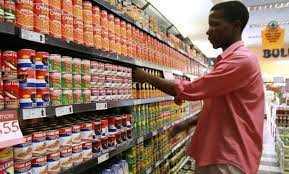
The International Monetary Fund says Zimbabwe’s tightening of monetary policy is the way forward as it has stabilised the local currency.
“The recent tightening of monetary policy and the contained budget deficits are policies in the right direction and have contributed to the narrowing of the parallel market exchange rate gap,” IMF said on Monday after the end of its week-long virtual staff visit in Zimbabwe.
The IMF nod of confidence comes at a time when some economists and the members of the public had written of the Zimdollar as the country was sliding into dollarisation. The volatility of the exchange rate was pushing business and individuals to the USD as the preferred currency of transaction.
IMF cited slowdown in agricultural and energy outputs owing to erratic rains and rising macroeconomic instability in cutting growth outlook to 3.5 percent, half of 2021’s 7 percent. This is less than Zimbabwe’s Treasury own growth outlook of 4.6%.
The reforms that Zimbabwe has undertaken include introduction of gold coins to protect value while mopping up excess liquidity.
They also introduced stricter audits of government tenders which have helped unearth gross overcharging.
Government also halted payments to its creditors while assessing contracts to curb speculative practices that were driving the freefall of the local currency.
Related Stories
https://zimbabwenow.co.zw/articles/283/how-rbz-is-defending-the-zim-dollar
IMF said Zimbabwe must continue to keep inflation under control by further tightening monetary policy when necessary. ZWL$ inflation rates reached 285 percent in August, before the control measures kicked in and stabilised prices.
https://zimbabwenow.co.zw/articles/355/economist-predicts-price-reductions
Local currency liquidity is putting pressure on some businesses as consumers using hard currency have been opting for grey and black markets.
IMF has said that authorities should enable a more market-driven price discovery process, to tackle foreign-exchange market distortions and eliminate exchange restrictions.
The tighter policy has already resulted in black market and official rates gradually merging as the former fell and the latter gradually rose.











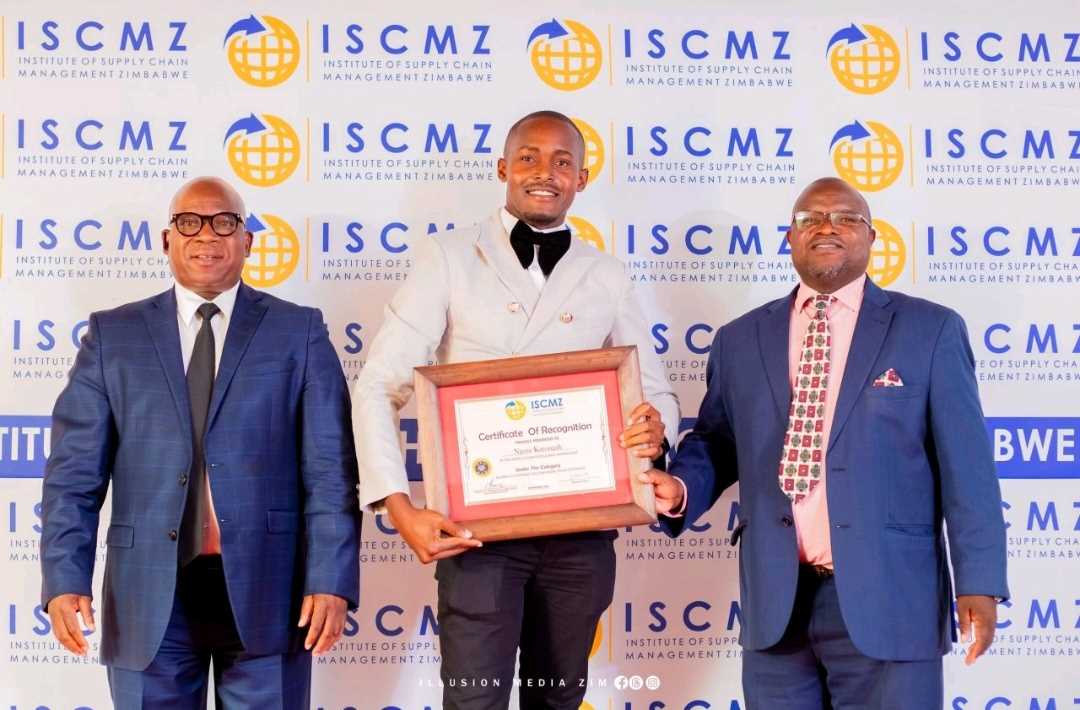
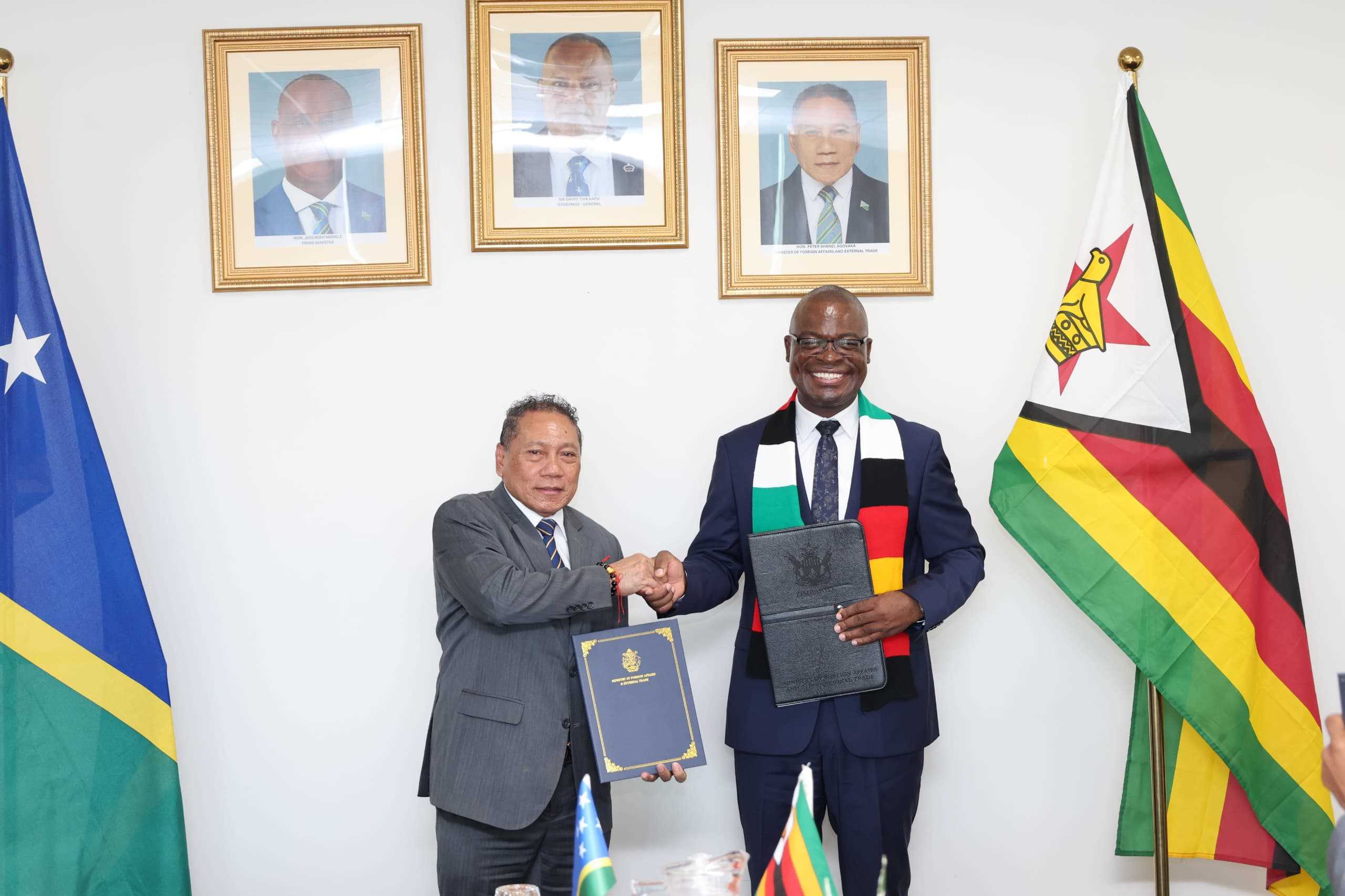

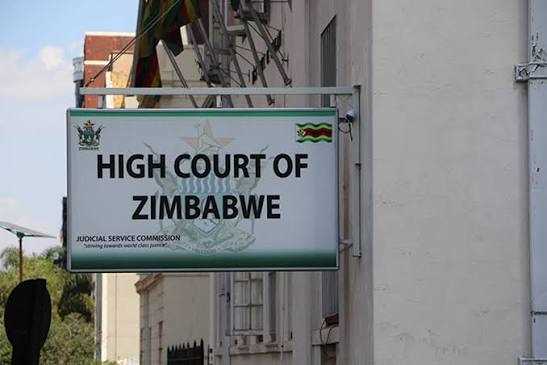
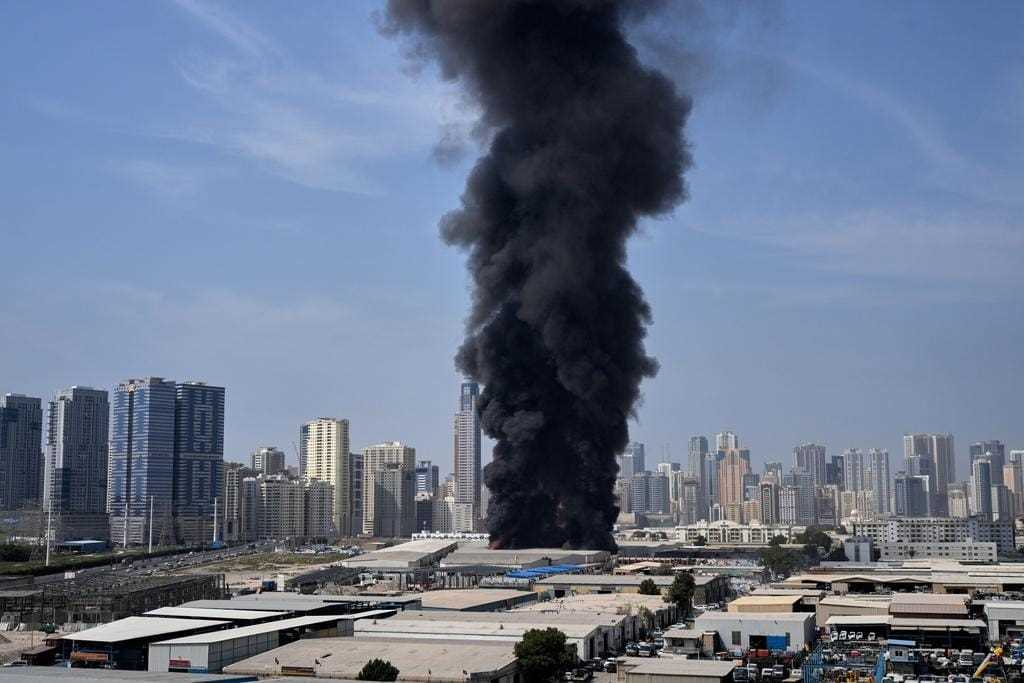



Leave Comments